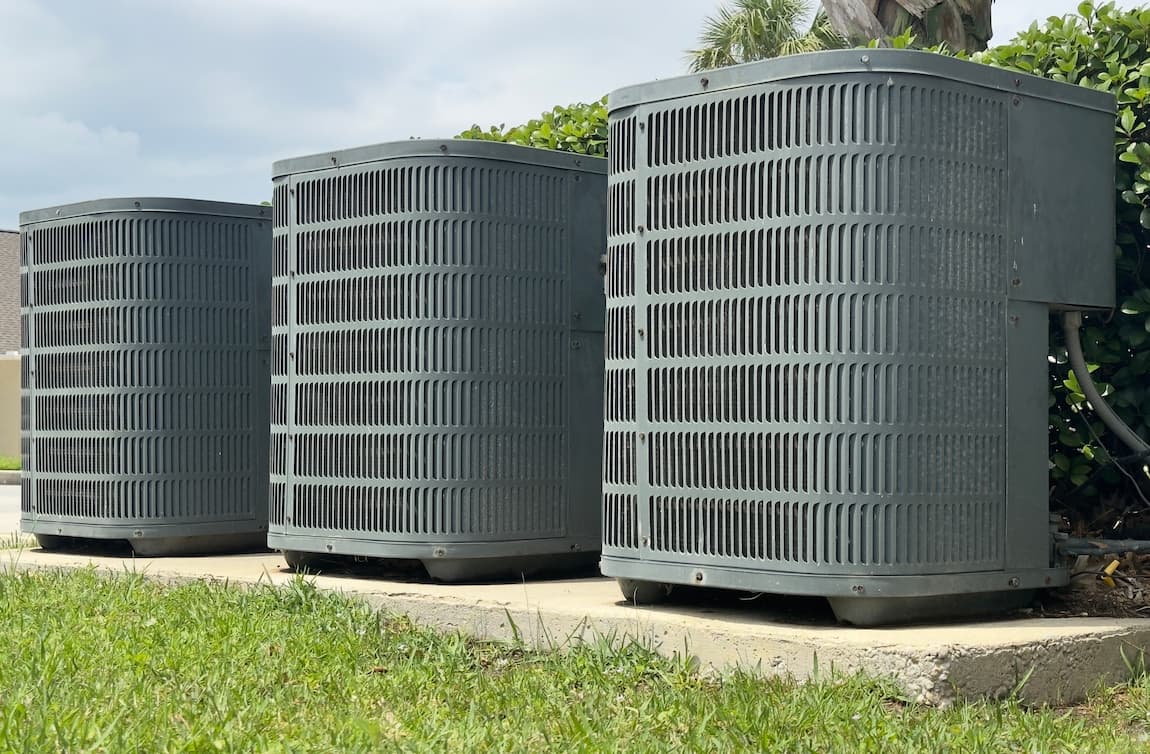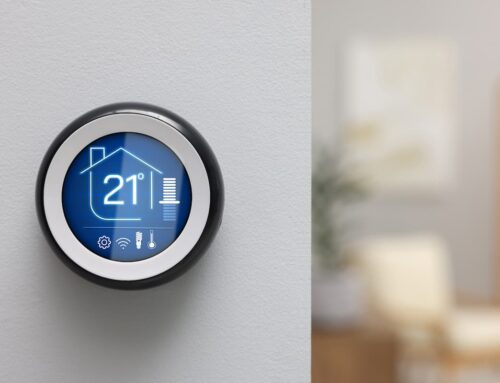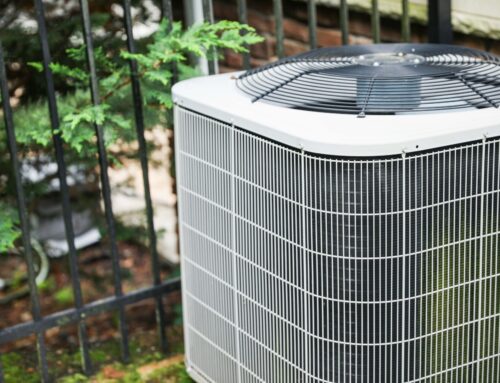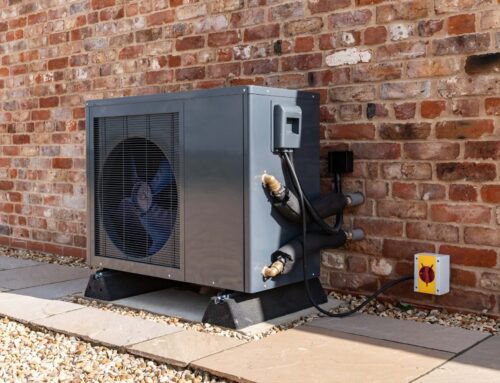For homeowners focused on health, managing allergies and asthma starts with indoor air quality. HVAC systems are part of this effort, filtering pollutants and maintaining a balanced environment. But how effective are they in alleviating symptoms, and could they sometimes worsen asthma? Optimizing your HVAC system can lead to a healthier home, especially if you experience worsening allergies after duct cleaning or are curious about the impact of air conditioning on your health.
What Are Allergies and Asthma?
Allergies and asthma are chronic conditions that can greatly affect daily life. Allergies happen when the immune system reacts to substances like pollen, dust mites, or pet dander, causing symptoms such as sneezing and congestion. Asthma involves inflammation and narrowing of the airways, leading to wheezing and shortness of breath.
Indoor spaces often contain allergens and asthma triggers. Dust, mold spores, pet hair, and volatile organic compounds (VOCs) from household products are common offenders. Poor ventilation and inadequate air filtration can worsen these issues. Homeowners need to be proactive about indoor air quality to support respiratory health. By tackling these triggers, it’s possible to create a more comfortable and healthier living environment.
Does Air Conditioning Help With Allergies?
HVAC systems are a frontline defense against indoor allergens. Air conditioning can significantly ease allergy symptoms, especially during peak allergy seasons, by filtering out irritants such as pollen, dust, and pet dander. The effectiveness of air conditioning in managing allergies hinges on regular upkeep and the use of high-efficiency filters.
To keep your HVAC system running optimally, check filters monthly and replace them every three months or sooner if they appear dirty. This routine traps allergens, maintaining cleaner air in your home.
HVAC Allergy Solutions
Specific HVAC solutions are available for those looking to enhance air quality. High-efficiency particulate air (HEPA) filters excel at capturing tiny particles such as pollen and dust mites. Integrating air purifiers into the HVAC system can further reduce airborne pollutants.
Controlling humidity also minimizes allergens. Keeping indoor humidity between 30% and 50% helps prevent mold and dust mites, which thrive in damp conditions. Many modern HVAC systems come with built-in humidifiers and dehumidifiers to maintain this balance.
Can Air Conditioning Trigger Asthma?
While beneficial, air conditioning can pose concerns for those with asthma if not properly maintained. Dirty filters and neglected systems can circulate dust and irritants, worsening asthma symptoms. Regular servicing and clean filters prevent this.
Adopting asthma-friendly practices, such as avoiding strong chemicals and ensuring good ventilation, supports asthma management. With these measures, air conditioning can aid rather than hinder respiratory health.
HVAC Asthma Solutions
There are several HVAC solutions you can implement to support asthma management. One of the most effective is the installation of advanced filtration systems, such as HEPA filters, which capture finer particles that may trigger asthma. Additionally, you can integrate UV air purifiers into HVAC systems to eliminate bacteria and mold spores.
Proper ventilation is also crucial. Ensuring that your HVAC system has an energy recovery ventilator (ERV) can help maintain fresh air circulation while minimizing energy loss. This is particularly beneficial in tightly sealed homes where natural ventilation is sparse.
Impact of Duct Cleaning on Allergies
Allergies worsen after duct cleaning. While it removes dust and debris, it can temporarily stir up settled particles, increasing airborne allergens. However, when performed correctly, it enhances long-term air quality. Consider the pros and cons of duct cleaning and seek professional help for the task. Regular inspections and cleanings by certified professionals ensure your HVAC system operates efficiently and maintains good indoor air quality.
The Weather Changers Can Help
HVAC systems manage allergies and asthma by enhancing indoor air quality. Effective filters, proper humidity control, and regular maintenance create a healthier home environment. Contact us today at The Weather Changers for more information and to schedule a consultation.
Image Credit: RGB-2024/ Shutterstock





